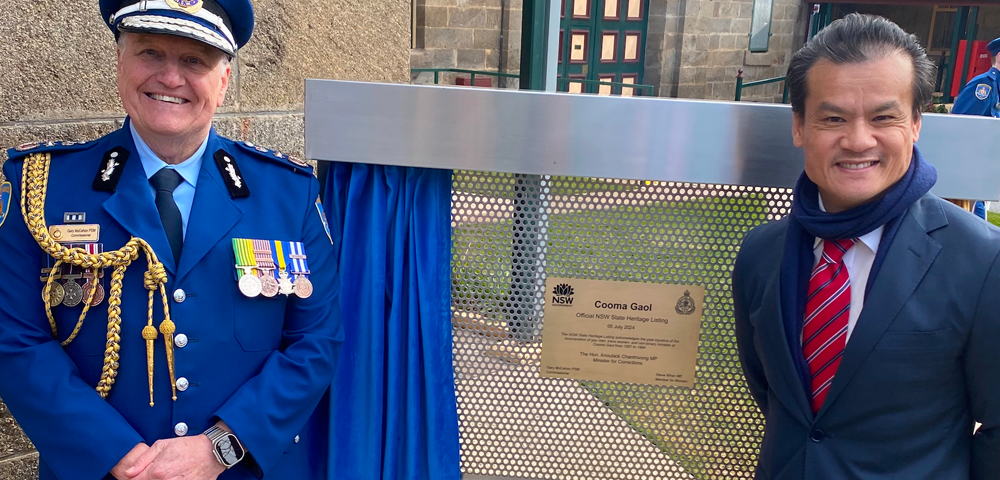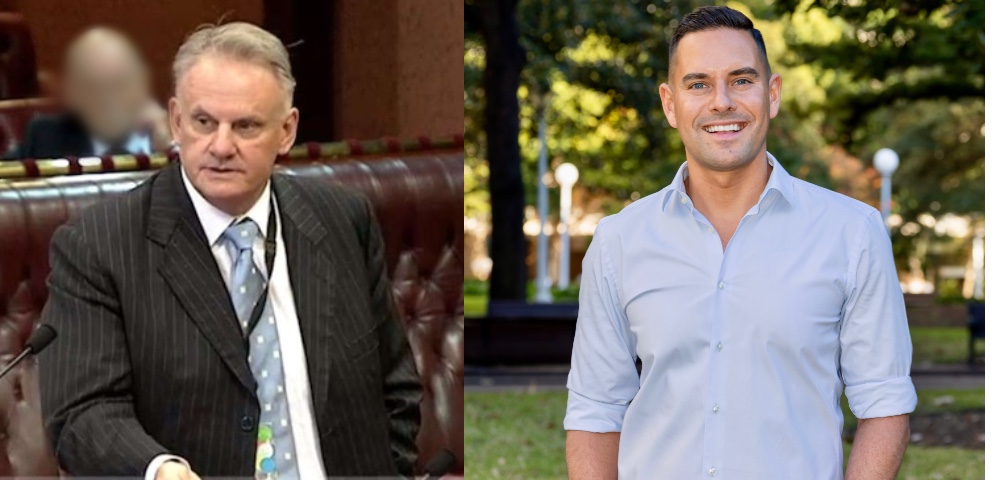
Confucius says . . . Sydney’s the one
BY DHEEPTHI NAMASIVAYAM
Prime Minister Rudd not just impressed the Chinese delegation last year with his fluent Mandarin during a pre-election visit to the communist country, but he also highlighted the importance of second languages, especially Chinese, as Sino-Australian relations strengthen.
Now Chinese studies will be enshrined in two new Confucius institutes at Sydney University and the University of NSW, the latest additions to a growing network of over 200 Confucius institutes worldwide.
Last week, NSW Premier Morris Iemma was in Shanghai to witness the signing of key agreements with the two Chinese partner universities, who will co-host the new institutes.
In partnership with Fudan University, Sydney University will formally open its institute on June 17. It will host Chinese language classes and promote Chinese cultural events and activities.
A contribution of $120,000 from the Beijing government enabled the construction of Sydney University?s institute, located in the Old Teachers? College. As part of the partnership, two professors from Fudan University ? a language teacher and a professor of Chinese literature ? will also teach at the institute.
However, it has not been without its controversies. Last year, visiting Sydney University lecturer Jocelyn Chey expressed concern that the institutes were mere propaganda mouthpieces for the Chinese government, given their strong financial contribution.
But the Confucius Institute?s new director, Professor Mayfair Yang, dismissed this criticism, saying the institute will only be housed within Sydney University.
?She [Chey] was operating under a misapprehension that somehow this is financing uni research but we are mainly an outreach program assisting the public in [integrating Chinese cultural and language studies],? Professor Yang told The City News. ?The institute will serve as a bridge between Australia and China to promote cultural understanding of China.?
The new institute will offer Chinese language programs ranging from beginner, conversational, advanced to business level, as well as cultural events.
?The institute is very good timing, because in Australia people are starting to realise there?s been a huge neglect of Asian languages in school and this has been detrimental especially as Australia?s economic future and trade is [increasingly] tied up with China,? Professor Yang said.









